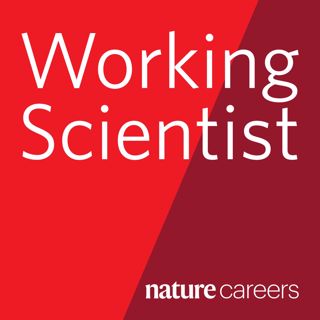Om avsnittet
Mark Dodgson and Lee Cronin discuss the revolutionary potential of artificial intelligence on university teaching, research, and scientific careers.Artificial intelligence (AI) has been hailed as the "fourth Industrial Revolution," a disruptive technology set to transform world economies and the traditional workplace. But how will AI and deep learning affect the future of universities, the very institutions that developed the technology in the first place?Kicking off this six-part Working Scientist podcast series on technology and scientific careers, Mark Dodgson, professor of innovation studies at the University of Queensland Business School and a visiting professor at Imperial College London, predicts how AI could change university teaching, how institutions measure student performance, and how they conduct scientific research."Unless universities get pretty coherent strategies to deal with this technology, they will struggle" he warns.But Lee Cronin, regius chair of chemistry at the University of Glasgow, Scotland, disagrees."There's no magic in AI," he argues. "It's just a tool, a series of mathematical processes that allows you to extract meaning, or some degree of meaning, from large data sets."Addressing the technology's potential impact on teaching, Cronin adds: "If we want to use AI as a tool to basically make grading cheaper, then fine, do that."But universities aren't about grading. They are about educating people to think critically, about preparing people with sufficient high level skills to add to the economy and be creative."The thing I really love about our universities is their creativity. There's no AI that can assess creativity. There just isn't."Finally, Nature technology editor Jeffrey Perkel describes how technology underpins the entire scientific enterprise, pointing to some of the most popular topics covered in his section recently, including a feature on deep learning for biology. Hosted on Acast. See acast.com/privacy for more information.
Senaste avsnitten

How studying octopus nurseries can shape the future of our oceans

How we slashed our lab’s carbon footprint

Meet the retired scientists who collaborate with younger colleagues

A dumpster full of mercury and other things to avoid: lab closures made simple

Pension planning and psychosocial support: how institutions can help academics at the late career stage

“Who am I if not a scientist?” How to find identity and purpose in retirement

Choose your own adventure: navigating retirement after an academic career

The last few miles: how to prepare for the late-career stage in science

Counting the cost of fashion’s carbon footprint

